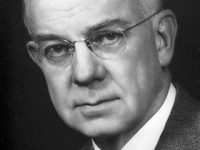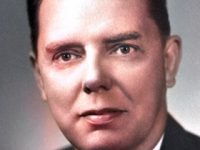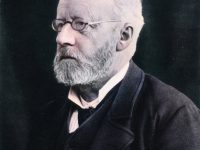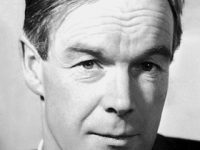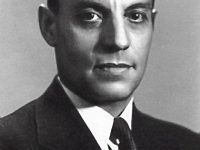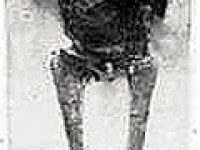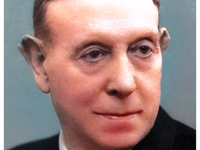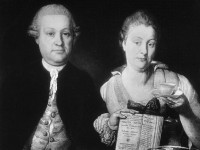Edward C. Kendall and the Adrenal Cortex Hormones
On March 8, 1886, American chemist and Nobel laureate Edward Calvin Kendall was born. Kendall shared the Nobel Prize for Physiology or Medicine in 1950 with Philip S. Hench and Tadeus Reichstein for research on the structure and biological effects of adrenal cortex hormones. Kendall did not only focus on the adrenal glands, he was also responsible for the isolation of thyroxine, a hormone of the thyroid gland and worked with the…
Read more

